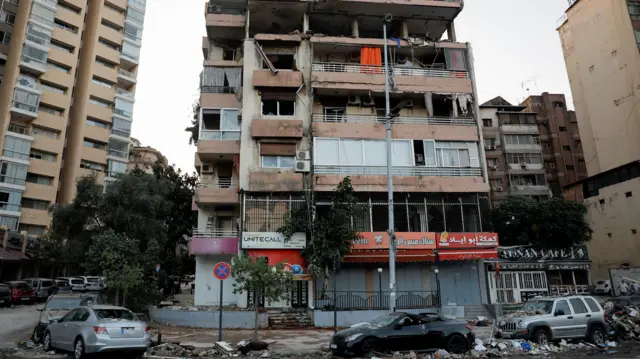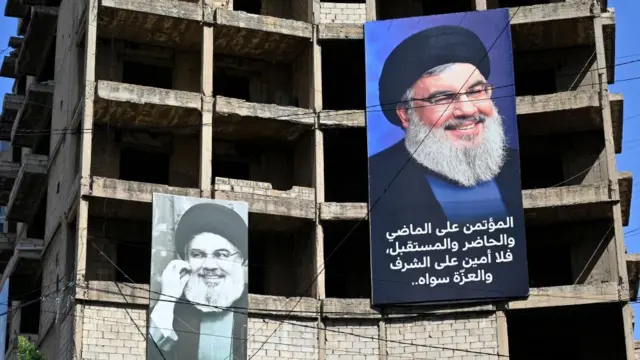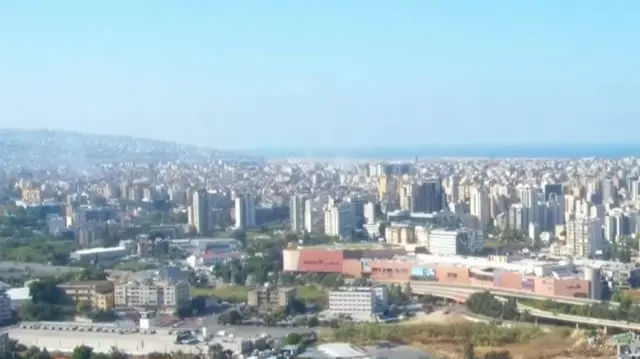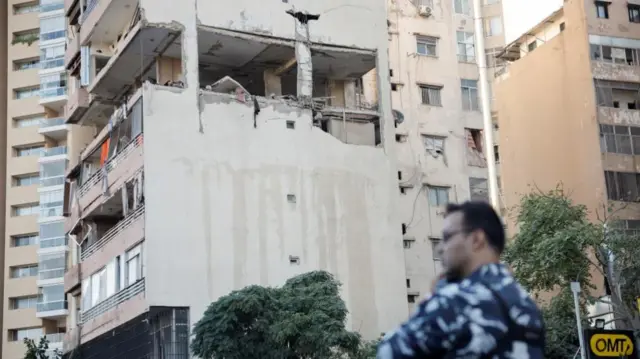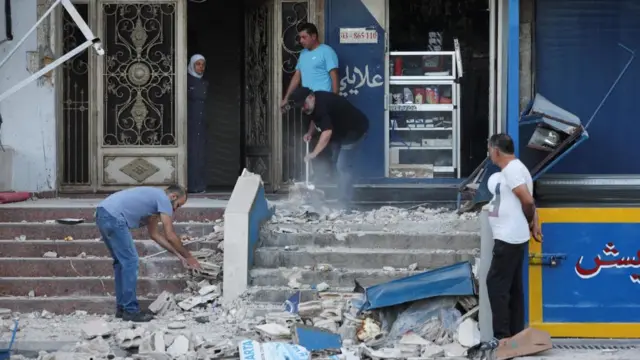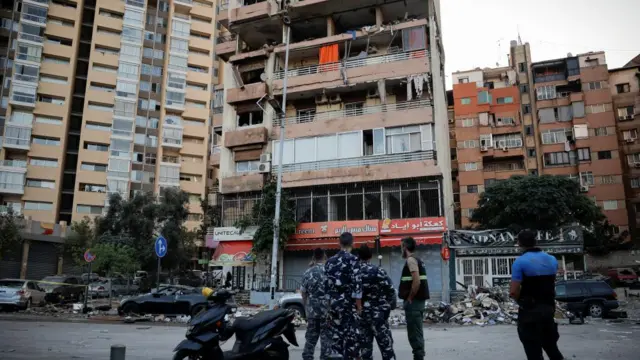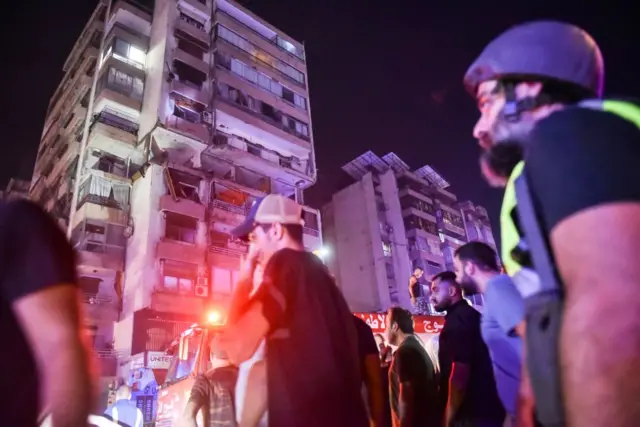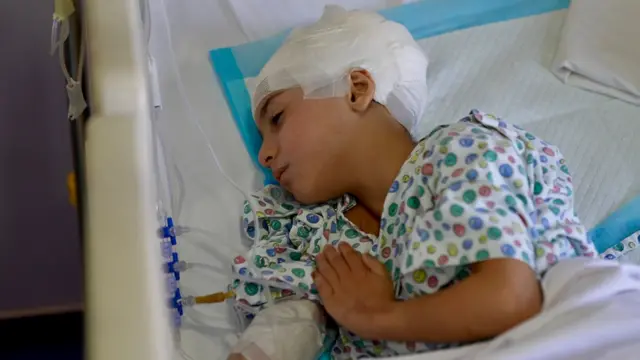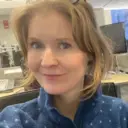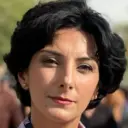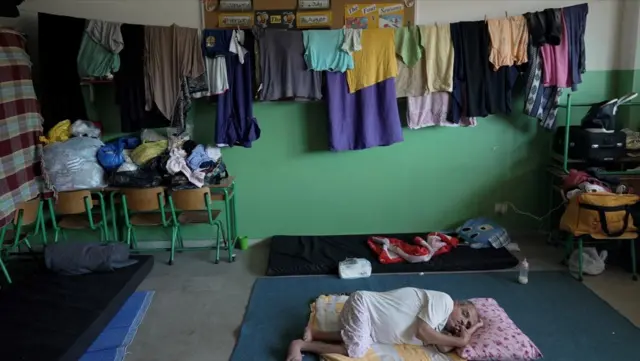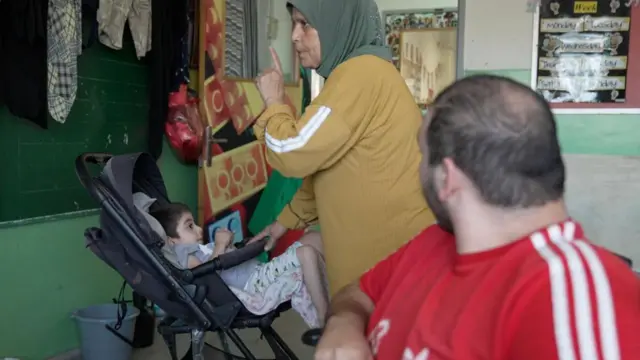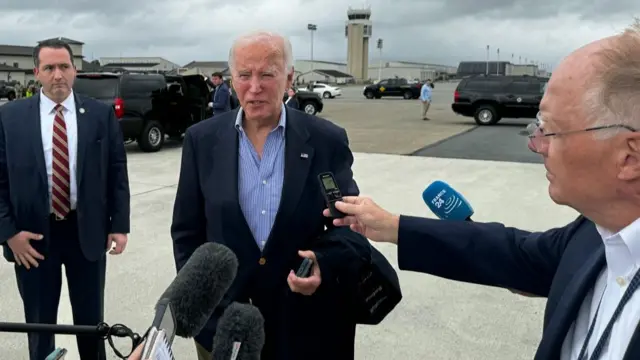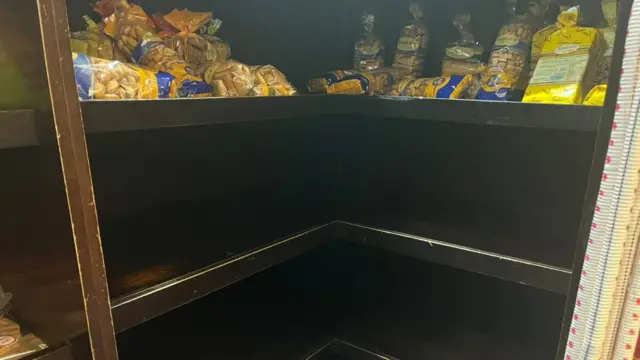100,000 people flee Lebanon for Syria, UN sayspublished at 09:49 BST 30 September 2024
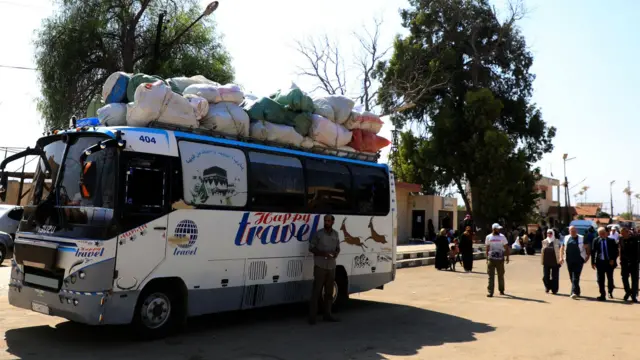 Image source, EPA
Image source, EPAAt least 100,000 people have crossed from Lebanon into Syria to escape recent Israeli air strikes, UN High Commissioner for Refugees Filippo Grandi says, external.
"The outflow continues," he says, adding that UN personnel are providing assistance at four border crossings.
That is an update on figures we brought you yesterday, which reported close to 80,000 had fled to Syria in the past seven days.
Of those, 36,000 were Syrian and 41,300 were Lebanese, according to Lebanese Minister Nasser Yassin.
